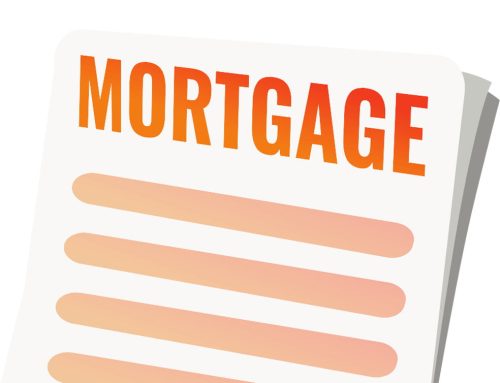If you’re thinking about ditching the rent for life as a homeowner, you may have a few mortgage questions or questions about the homebuying process. If so, we can help. Up next are three questions we often hear, along with the answers.
1) Do I need great credit to qualify for a mortgage?
The short answer is no. While some types of loans require a minimum credit score of 620, which is fairly high, not all loans do. In fact, you can qualify for some loans with a credit score as low as 500. Among the loan programs with a somewhat relaxed credit score are FHA loans and VA loans. The latter, however, is strictly for service members, veterans and their surviving spouses. If you’re concerned about your credit score, there are several steps you can take to raise it in a hurry. These include reducing your debt-to-income ratio, paying all your bills on time and focusing on your credit card utilization percentage.
When it comes to boosting your credit score, Fairway’s internal Creditool team can also help. This team of qualified credit analysts will assign someone to your credit report and draft a credit improvement action plan specifically for you. Best of all, it’s totally free.
2) How much of a down payment is necessary?
Of all the mortgage questions we get, this one might be the most common. The simple answer is it depends on a few factors. Here’s the bottom line, though: The widely held belief that all or most home purchases require a down payment of 20% is a myth. That’s right; it’s simply not true. The truth is that of the four major loans, none require a 20% down payment. In fact, none of the four require anywhere close to this much. In the case of USDA loans, no down payment at all is required.
Meanwhile, there are three types of conventional loans that demand a down payment of only 3%. Sound too good to be true? It actually isn’t. Just check with your Fairway of the Carolinas mortgage adviser about how much of a down payment you might owe, if any.
3) Do I have to pay all the closing costs?
This is a mortgage question we also hear a lot. In some cases, yes. In other cases, no. One way to significantly reduce closing costs is through lender credits. If a mortgage lender offers you credits, the lender will absorb your closing costs. The more credits you accept, the lower the fees at closing.
Another possible workaround is to see if the seller will pay all or some of your closing costs. While they could always say no, you don’t know until you ask. If they’re eager to sell and feel good about your offer, they might just be willing to pony up.
One other option is to pay closing costs with gift money from a relative or friend, or a grant from a public agency. If you’re refinancing and wish to simply simply delay paying closing costs, you can usually roll them into the loan. This means you’ll be paying them over time with your monthly payments instead of all at once.
Final thought
Have we answered all of your mortgage questions? If not, contact us and let us know which questions you still have. We look forward to chatting with you!








